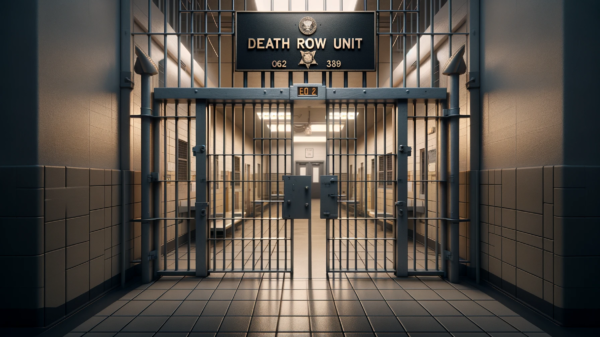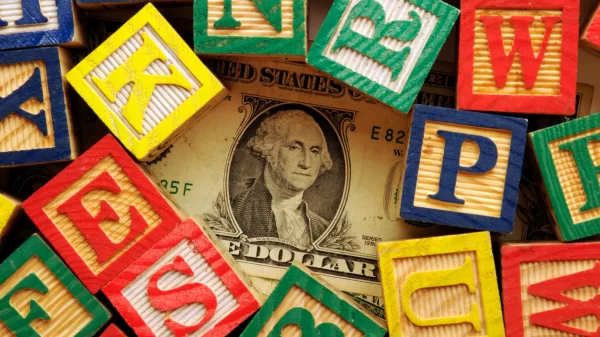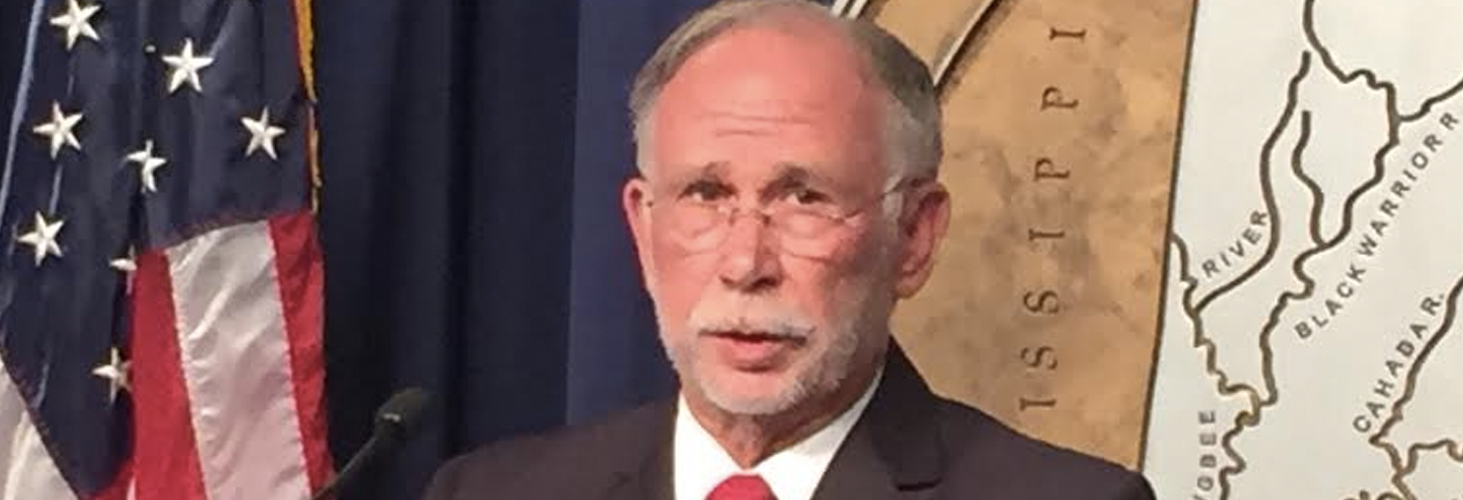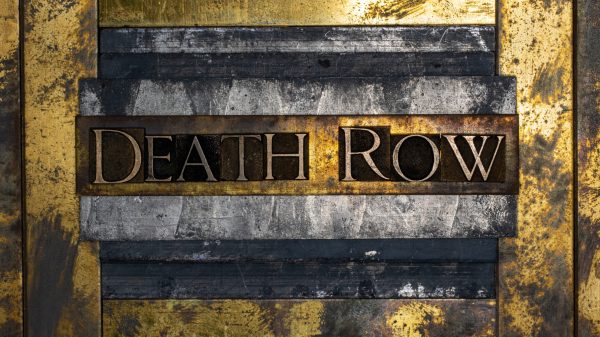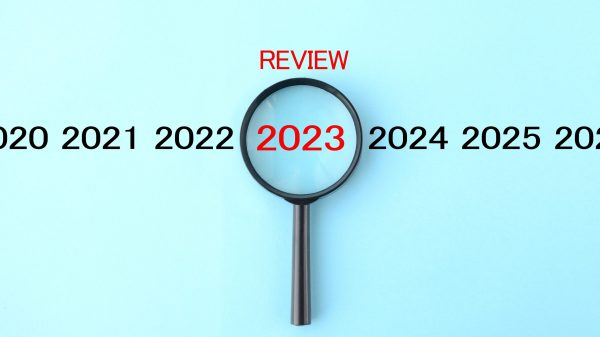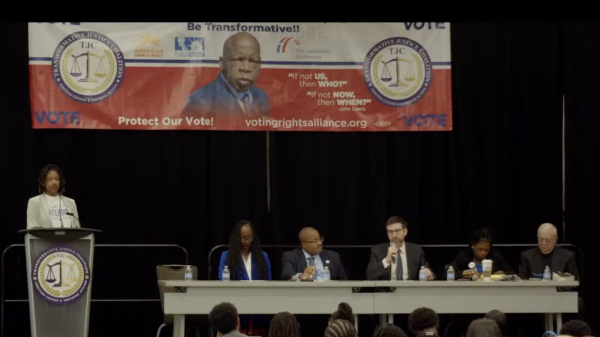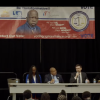By Bill Britt
Alabama Political Reporter
MONTGOMERY—In a press briefing, lasting just under thirty minutes, Senator Jim McClendon (R-Springville) presented the most compelling case for a statewide lottery made by any politico to date.
McClendon explained two bills he will be carrying during the upcoming Special Legislative Session: One was authored by Gov. Robert Bentley, and the other is his own. When asked why he was presenting two different versions he replied, “I don’t care which one passes, as long as the people get to vote, and we help Alabama’s children.”
The two offerings are only similar on a few points, but vastly different in how and what they accomplish. Each legislation would allow the people to vote on a Constitutional Amendment, allowing a vote on a traditional lottery.
According to the non-partisan Legislative Fiscal Office, Bentley’s plan would generate around $225 million annually, with proceeds going to the terribly anemic State General Fund Budget, ostensibly to pay for the burgeoning State Medicaid program.
However, Legislative Fiscal Office projects that McClendon’s lottery plan will raise $427 million annually for the State, solve Medicaid’s $85 million budget shortfall for 2017 and create $100 million annually in additional funds for Alabama’s schools. “Every year, thousands of Alabamians drive to neighboring states to play lotteries. That is money that should stay right here in our State, to fund Alabama’s hospitals and schools,” McClendon said.
McClendon’s bill was derived from months of his meeting personally with Senate and House member’s gathering their ideas and listening to their concerns. His proposal, while still being tweaked, will create a lottery with cards, etc. to be purchased at convenience stores around the State and an Inter-State Powerball game “for big bucks,” he said. However, unlike Bentley’s plan, McClendon’s idea allows for lottery terminals at the four existing para-mutuel tracks. A lottery terminal is a gaming machine that allows players to bet on the outcome of a lottery prize. Unlike a slot machine where individual play against “The House.”
His bill creates a lottery commission that will oversee traditional lottery and lottery terminals. The lottery terminal could generate State revenue within a few months, while the other part of the lottery may take up to a year or more before the first dollars rolls into the State, McClendon said. The Legislative Fiscal Office projects lottery terminals will generate nearly $150 million annually.
McClendon continued, “And let me dispel a persistent myth: creating a lottery will not open the door to casino gaming. There is not one single instance in the United States where creating a lottery opened the door to legalizing gambling.”
McClendon made it very clear that his bill will not open a crack for electronic bingo, or change current laws on charitable bingo, or effect it in any way.
McClendon, a long-serving Republican lawmaker from a conservative district says his motivation initially came from his constituents asking to vote on a lottery, but as he thought about the issue, a more meaningful cause became immediately apparent. He said, “the Federal government ever increases demand for more State matching dollars for Medicaid, is a moving target that always moves up.”
This year Medicaid faces an $70 to $85 million shortfall.
Recent cuts to Medicaid are wreaking havoc on pediatricians around the State, with massive cuts and layoffs. McClendon says his bill will reverse this dangerous trend affecting, “…our State’s children, who are poor through no fault of their own, deserve these vital services.”
McClendon’s lottery plan would authorize Bentley to negotiate a compact with the Poarch Band of Creek Indians (PCI), who currently pay no taxes on billions in revenue from their casinos.
The Tribe says it will fight the lottery, if lottery terminals are part of the plan. PCI holds a monopoly over all gaming in the State, and has vowed to not cede any ground on their exclusive bingo machine profits.
A seminal moment in the press conference came when McClendon spoke glowingly of the Tribe’s success and their gaming operation throughout Alabama, which has afforded them the means to provide heath insurance for all of their children. “I hope they will allow us to do the same for our children,” he said, quietly.
McClendon’s bill creates a bond issue based on expected revenue from the lottery. Proceeds from the bond issue, estimated to be between $75-85 million, will solve Medicaid’s 2017 budget crisis.
A well placed politico who spoke off-the-record said, “Senator McClendon’s plan could make him a hero in the eyes of the people of Alabama. He has done what no one else has ever been willing to do, and that passes a lottery for the good of the people and not just the gamblers and fat cats.”
McClendon says his bill reflects the cumulative wisdom of his Senate colleagues, intoning Ronald Reagan’s idea, that it is amazing what is possible if no one is worried about who gets the credit.













